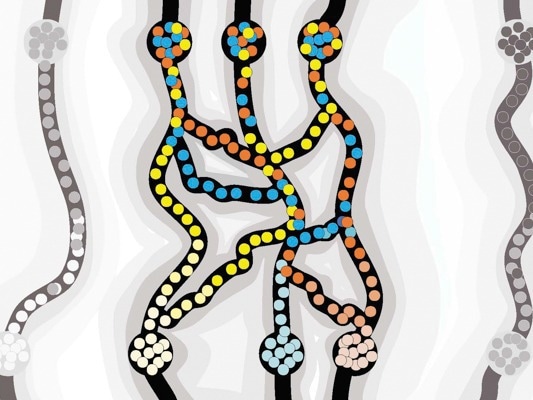A recent study demonstrates how host social interactions can significantly influence the development of gut bacteria in the gut microbiome. The study, carried out by a group of researchers from Instituto Gulbenkian de Ciência, sought to investigate the impact of host-to-host bacterial transmission on Escherichia coli (E. coli) evolution in mammalian guts.

Image Credit: Gulbenkian Science
This finding has consequences that go beyond evolutionary biology and may affect microbiology, ecology, and personalized medicine. The study appeared on the cover of the August issue of the journal Molecular Biology and Evolution.
Previous research in people and animals found that hosts in a social situation (shared space) have a more similar microbiota composition. Microbial transmission between hosts, which is enhanced by living in the same home, results in the presence of similar species in the gut. However, it is uncertain if microbiota transfer influences bacterial evolution in the gut.
The researchers employed a novel in vivo experimental evolution technique to bridge this information gap, which indicated an average transmission rate of 7% of E. coli cells each day between hosts living in the same home.
As expected by a theoretical population genetics model, this resulted in a high degree of shared evolutionary events in cohoused mice. Surprisingly, the rate of mutation accumulation in E. coli was the same regardless of the hosts’ social setting.
This is the first study to indicate that hosts with similar diets and practices should have similar microbiome species composition and, more importantly, similar bacterial evolutionary processes. These findings suggest that bacterial transmission across hosts plays an important role in determining the adaptive development of novel strains that populate gut microbiomes.
Our research provides compelling evidence that social interactions and shared environments play a crucial role in the evolution of gut bacteria. Understanding these dynamics sheds new light on the interplay between human or animal health and social interactions.
Nelson Frazão, Study Lead Author and Postdoctoral Researcher, Gulbenkian Science
The findings of a study team led by Isabel Gordo, principal investigator at the Instituto Gulbenkian de Ciência, set the path for further research into the complicated link between social contacts, gut flora, and human health.
Source:
Journal reference:
Frazão, N., et al. (2023). Shared Evolutionary Path in Social Microbiomes. Molecular Biology and Evolution. doi.org/10.1093/molbev/msad153